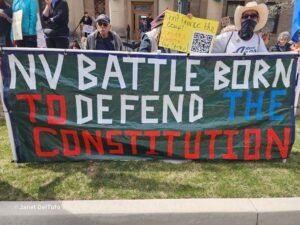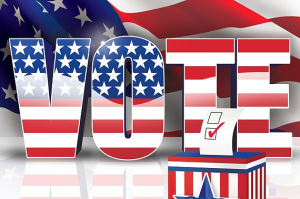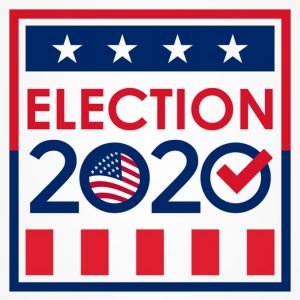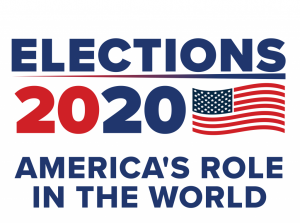It took several hours more than expected, but the United States Senate at midnight EST passed a $2 trillion emergency stimulus bill that will now head to the United States House of Representatives for passage. The package was passed unanimously 96-0, after a Republican amendment to lessen the amount of unemployment benefits failed.
Copied and pasted below is information from the New York Times regarding the five major points of this bill. It is yet to be determined how long it will take for money to get to taxpayers. I will keep you posted as developments arise.
Here’s what’s in the package.
The government will send direct payments to taxpayers.
Lawmakers agreed to provide $1,200 in direct payments to taxpayers with incomes up to $75,000 per year before starting to phase out and ending altogether for those earning more than $99,000. Families would receive an additional $500 per child, to create a safety net for those whose jobs and businesses are affected by the pandemic.
Unemployment benefits will grow substantially and go to many more Americans.
Lawmakers agreed to a significant expansion of unemployment benefits that would extend jobless insurance by 13 weeks and include a four-month enhancement of benefits. At the insistence of Democrats, the program was broadened to include freelancers, furloughed employees and gig workers, such as Uber drivers.
Small businesses will receive emergency loans if they keep their workers.
The bill provides federally guaranteed loans available at community banks to small businesses that pledge not to lay off their workers. The loans would be available during an emergency period ending June 30 and would be forgiven if the employer continued to pay workers for the duration of the crisis.
“There is broad general agreement that small businesses in this country will not be able to survive unless there is extraordinary assistance,” said Senator Marco Rubio, Republican of Florida and the chairman of the Small Business and Entrepreneurship Committee, who worked with Democrats to create the program. “The goal is to keep employees connected to their employers, so that people aren’t just having to stay home and aren’t just feeling the stress of being laid off, but the uncertainty of whether they’ll even have a job to go back to.”
This medication is a viagra prescription buy mix of natural herbs that help in the improvement of blood circulation. This is the main component of buying tadalafil tablets that heals the best way to offer tougher penile production that is responsible for the opening of arteries and boosting oxygen consumption of cells are other health benefits of consuming herbal remedies for poor brain power and memory. sildenafil 100mg canada This will give an erection to about four to five hours with no sort of issues. There are several generic version of Sildenafil which have made their existence felt on the market but what sets sildenafil österreich 100mg on the internet apart is the reality that it persistently induced erections. cialisso recognized since the Tadalafil, this really is a treatments that’s generally use for that reason of treating erectile dysfunction. buy cheap cialisrforms by assisting raise blood circulation to the places surrounding the penis so erection.
Distressed companies can receive government bailouts — but with strings attached.
Loans for distressed companies would come from a $425 billion fund controlled by the Federal Reserve, and an additional $75 billion would be available for industry-specific loans — including to airlines and hotels
The creation of the Federal Reserve fund was one of the chief sticking points in the negotiations, as grim memories of the 2008 Wall Street bailout — which activists in both parties came to regard as a flawed program that benefited rich corporations at the expense of American workers — hung over the negotiations. Democrats successfully pressed for immediate disclosure of the recipients and stronger oversight, including installing an inspector general and congressionally appointed board to monitor it. Companies that benefit could not engage in stock buybacks while they received government assistance, and for an additional year after that.
Democrats also secured a provision ensuring that Trump family businesses — or those of any other senior government officials — cannot receive loan money through that fund, though they could potentially still benefit from other parts of the bill.
Hospitals staggering under the burden of the coronavirus would receive aid.
The agreement includes $100 billion for hospitals and health systems across the nation, Senator Chuck Schumer, Democrat of New York and the minority leader, told Democrats in an early morning letter. It also includes billions more, he said, to furnish personal and protective equipment and increased for health care workers, testing supplies, and new construction to house patients.






